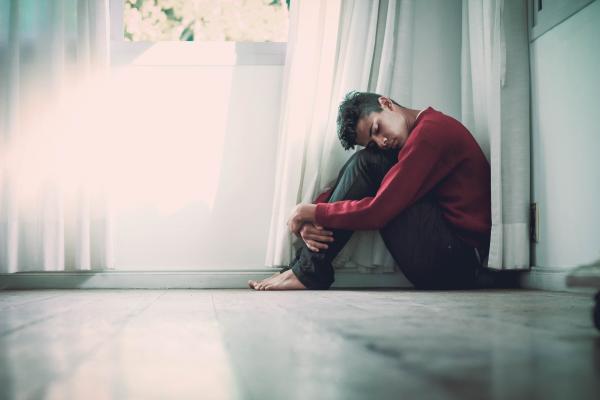
By Gabriella Payne
For almost two years now, the Covid-19 pandemic has wreaked havoc across the globe and although we’ve tried to shake it off and roll with the punches, Melbourne’s lingering lockdowns are having a detrimental effect on our mental health.
Having spent over 200 days in lockdown now, psychologists and mental health professionals are growing more and more concerned about the “dire“ state of Melburnians’ mental health, labelling it as an invisible “crisis“ that needs to be addressed urgently.
Michael Tomek, a clinical psychologist and the director of Lakeside Psychology in Pakenham, said that it was incredibly alarming to see the amount of local people struggling to cope mentally at the moment.
“It’s really alarming, I’m actually in the middle of writing a letter to our local MP’s about the dire state of mental health in the area right now because it’s so concerning,“ Mr Tomek said.
“We first noticed it in January last year when we had more than double the usual enquiries – and that was before the first lockdown.“
“What we are now finding is that that number has gone up by more than 500 per cent – the demand has just blown us away, it’s way beyond what we can handle as a clinic,“ he said.
Sadly, Mr Tomek said that this isn’t unusual at the moment.
Having reached out to “every identifiable clinic between here and Warragul“, Mr Tomek said that Lakeside Psychology had discovered that they aren’t the only ones being pushed to the brink.
“It’s across the board,“ he said.
“All the clinics we’ve spoken to are stretched to full capacity, there are no psychologists available and some waiting lists are being closed as they are just blowing out.“
“It’s alarming, but it’s very, very sad as well.“
“On average, we are having to tell about 25 people per day that we can’t help them and we have to direct them somewhere else,“ he said.
“Since the start of the pandemic, we’ve worked out that it’s about 600 people that we haven’t been able to help – it’s just horrible.“
“We are obviously very passionate about our work and love to be there for people, so it’s heartbreaking that we can’t be.“
Mr Tomek said that people needing help were experiencing a “vicious cycle“ at the moment, as they would reach out for help from a professional, but there simply wasn’t enough help to go around.
Patients would then often find themselves being bounced between different mental health services, all of whom are currently stretched to their limits, leaving the patient unable to get assistance and going around in circles.
“It’s quite bleak, but our concern is that there are literally thousands of people just wandering around in the community needing help and not having anyone to help them right now,“ Mr Tomek said.
“If it had been going on for a few weeks it would be manageable, but we are going on nearly two years now – something needs to change.“
Mr Tomek is working hard to raise awareness about the mental health crisis with local politicians in the hopes of finding a solution to this growing problem, but for those struggling at home right now, he had a few tips on how best to look after our wellbeing.
“Personally, the message I try to let people know is to lower the expectations they have of themselves and their children during this time,“ he said.
“The most important thing now as we ask people ’are you OK?’, when we hear their answer and they aren’t OK, what can be very powerful is to just sit with that, validate it and say ’I hear you, I understand that you are feeling the way you are, and it’s very normal to feel anxious.“
“We don’t always have to fix things or try to do something about it,“ Mr Tomek said.
“When people get the sense that we are listening to them, that can be therapeutic in itself.“
“It could be with a child, a partner, a friend or a colleague, but when we ask that question, ’are you OK?’, be prepared to hear that they are not OK – but take the pressure off to fix it.“
If you or a loved one are struggling to cope mentally, remember that it’s OK to not be OK, and support is available at either Lifeline on 13 11 14 or Beyond Blue on 1300 22 46 36 (both 24-hour crisis support phone services).







